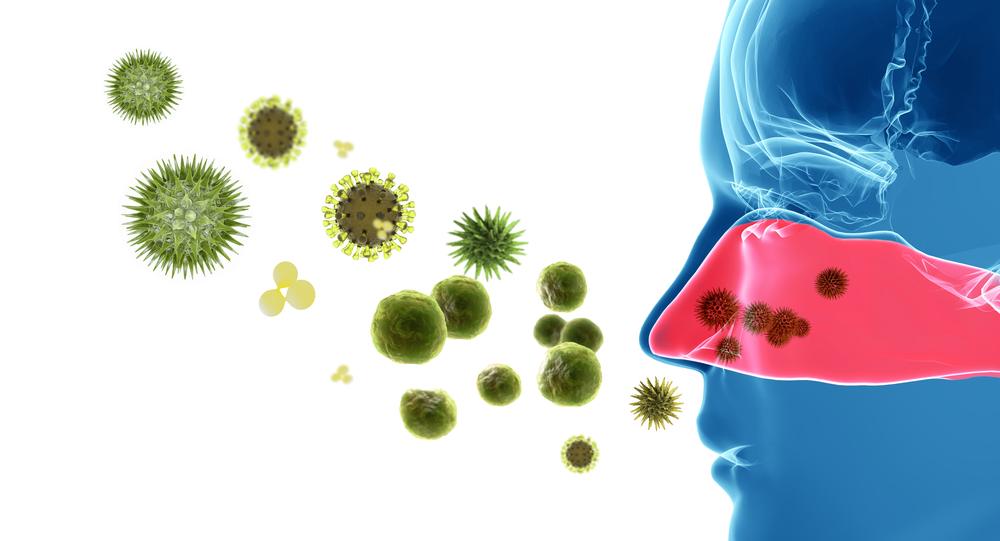Cysteamine Lynovex Identified As a Potential Adjuvant Therapy in CF
Written by |

In a new study entitled “Cysteamine as a future intervention in cystic fibrosis against current and emerging pathogens: a patient-based ex vivo study confirming its antimicrobial and mucoactive potential in sputum,” a team of scientists show for the first time that NovaBiotics’ therapy for Cystic Fibrosis, Cysteamine (Lynovex®), effectively reduced bacteria levels and sputum viscosity in sputum samples retrieved from cystic fibrosis patients. The study was published in the EBioMedicine journal.
Cystic Fibrosis (CF) is characterized by accumulation of thick mucus, mainly in lungs and gastrointestinal organs. The defects underlying the secretions’ stickiness are mutations in the Cftr gene (cystic fibrosis transmembrane conductance regulator gene). The mucus clogs up tubes, ducts and passageways, especially in the lungs and pancreas, and leads to recurrent infections, mainly in the lungs that culminate in difficulty in breathing and escalating to life-threatening symptoms, such as respiratory failure.
In this new study, a team of scientists at the University of Aberdeen in the UK tested the antimicrobial and mucolytic activity of Cysteamine (Lynovex®), previously identified in in vitro studies of the sputum samples of CF patients. The team tested the sputum samples of 23 adult CF patients, enrolled at the CF Clinic at Aberdeen Royal Infirmary. The antimicrobial profile of the samples were analyzed before treatment with Cysteamine (Lynovex®) and compared with microbial content after treatment. The latter consisted of in vitro exposure to Cysteamine (Lynovex®) and standard CF antibiotics either administered once or after 14 days of low-dose exposure. The team observed that Lynovex was capable of reducing sputum’s bacterial burden in only a short exposure (24 hours). When combined with either tobramycin or ciprofloxacin (two standard antibiotics used in CF patients), the effects were even more pronounced. Accordingly, the results suggest that Cysteamine (Lynovex®) may be an adjuvant therapy to be used in addition of current CF antibiotics. Authors observed that Cysteamine (Lynovex®) has a direct antimicrobial effect against Mycobacterium abscessus, a new and emerging bacteria species affecting CF patients, and isolated from three of the study subjects. Additionally, the team observed that Cysteamine (Lynovex®) greatly reduced sputum stickiness.
The authors highlight that their findings suggest Cysteamine (Lynovex®) as a potential new therapy in CF patients to treat lung infections, and further research is needed to uncover its full therapeutic potential.
Prof Graham Devereux, the study’s lead author commented “In this laboratory study, we investigated whether Lynovex is able to kill the bacteria living in their own environment, namely the sputum to which they are adapted to live in. The effects of Lynovex on sputum bacteria, sputum viscosity and Mycobacterium abscessus are very promising. Further work is required to see if Lynovex works when given to people with CF.”
Dr Deborah O’Neil, NovaBiotics CEO added, “This study’s findings are the next essential step in Lynovex’s journey towards being a new therapy option for CF. This exciting drug candidate simply will not work unless its pharmacologic effects – against bacteria and mucus – are retained within CF sputum. We have now confirmed this with the data reported in our EBioMedicine publication”. She goes on to say that: “The M. abscessus data are very encouraging and timely and we look forward to investigating this further as a matter of priority.”






